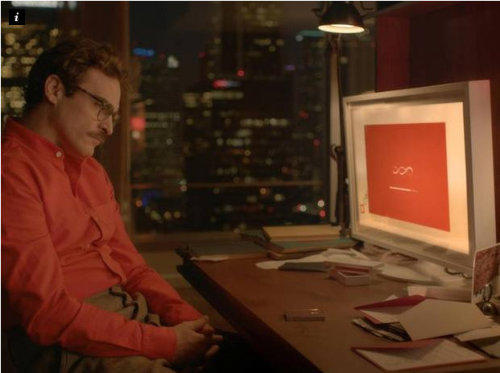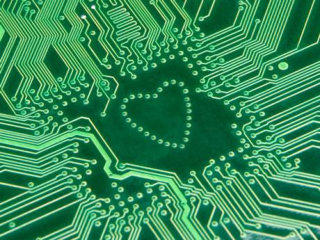
.





‘Knowledge is power’


World’s
encyclopedic
knowledge
compacted
in
your
hand




Please raise the vol to listen to the
lady airing awe @ the SINGLE author encyclopedia
Women are confusing. Men are bastards.
Most of us will have found ourselves
expressing one of
these opinions at some point in our lives,
either over cups
of tea, pints of beer or phone conversations
punctuated by guttural sobbing.
But our beef isn't really with one gender or
the other; they're both as bad as each other.
All
relationship problems are ultimately caused
by that most reprehensible of culprits,
human beings;
we seem to be designed to cause each
other misery, our conflicting priorities
colliding in a
tense atmosphere of grim silence or
screeching recrimination.
"It doesn't make any sense," we'll say to our
confidantes, who can ultimately do nothing
other than nod and shrug in sympathy.
Because relati-onships are baffling, and
that's why we continue to write songs,
poems, screenplays and indulgent blog
posts about them. When we're single, when we're freed from the unfathomable logic problems associated with closeness
and intimacy, we forget what it's like and we start to crave the thing that's been proven to cause deep confusion. Then,
when we're back in a relationship, there's that moment of recall and realisation that leaves us shocked and bewildered.
"Oh. Right, yes. I remember now. Oh, dear."
Faced with the prospect of loneliness on one hand or the yo-yoing uncertainty of romance on the other, there might
seem to be some
wisdom in the idea of outsourcing one's emotional needs to a computer. After all, computers are resilient. If they can
safely operate
nuclear power plants then they can surely handle people being a bit needy from time to time. They could instil a bit of
order, inject a bit
of stability. Always be there when we need them. Help us through times of trouble with a selfless attitude and a hard-
working central
processing unit. Say the right things, and never say the wrong things.
This winning combination of attributes, coupled with a fearsome intelligence,
is what the character of Theodore Twombly is confronted with
in Spike Jonze's new film, Her, when he buys and installs a copy of OS1, an
intuitive computer operating system that names itself Samantha.
He becomes disarmed by her inquisitive nature, sharp humour and alluring
voice (provided by Scarlett Johansson). He knows deep down
that the computer is merely programmed to be that way, but he can't help but
be attracted to it. He ends up falling in love with an entity
that's creative, caring and clever, but essentially just a stream of zeroes and
ones.
Romance involving humans and computers is relatively rare in contemporary
fiction, but when it does occur the computer generally overcomes its
functional boundaries,
experiences something akin to emotion and then causes chaos when it
realises that it won't be allowed to get married or have sex with anyone.
From Agnes With Love,
a Twilight Zone episode from the mid-1960s, sees Agnes (the computer) fall in
love with its programmer; Kurt Vonnegut's short story EPICAC was about a computer who
fell in love with the same woman its owner was pursuing – a storyline also used in the fondly remembered but rather
ropey 1984 film Electric Dreams. But Her is different; it
depicts mutual love between man and machine that, for some reason, feels multifaceted, amorous and profound. Just
like the real thing.
It's easy to watch the film, be superficially touched by the romantic tale but then dismiss it as a ludicrous fiction set in the
distant future. However, technology is moving faster than we might imagine. It's predicted that within 15 years or so
there'll be computers that have the processing power of the human brain, by which time Alan Turing's celebrated test to
establish whether humans can tell the difference between computers Next


You may also like:
Future humans to look like Pokémon characters?
Belief is useless says exChristian Franky Schaeffer
Men and women see things differently
Female Taliban Suicide Bomber Hates The Idea Of Virgins In Heaven
Empowering Book Newsletter






WOMEN’S POWER: ITS PAST, ITS PRESENT, ITS FUTURE: FEMOCRACY
WEB PAGES
OUR OFFERING
UPLOADED ITEMS
OUR EMAIL
kri200@womenspowerbook.org
QUESTION




















